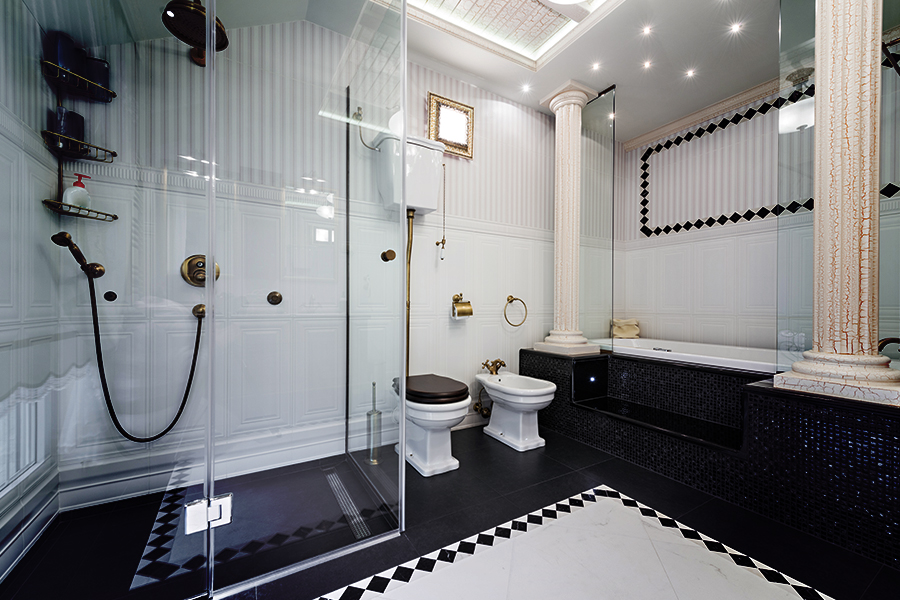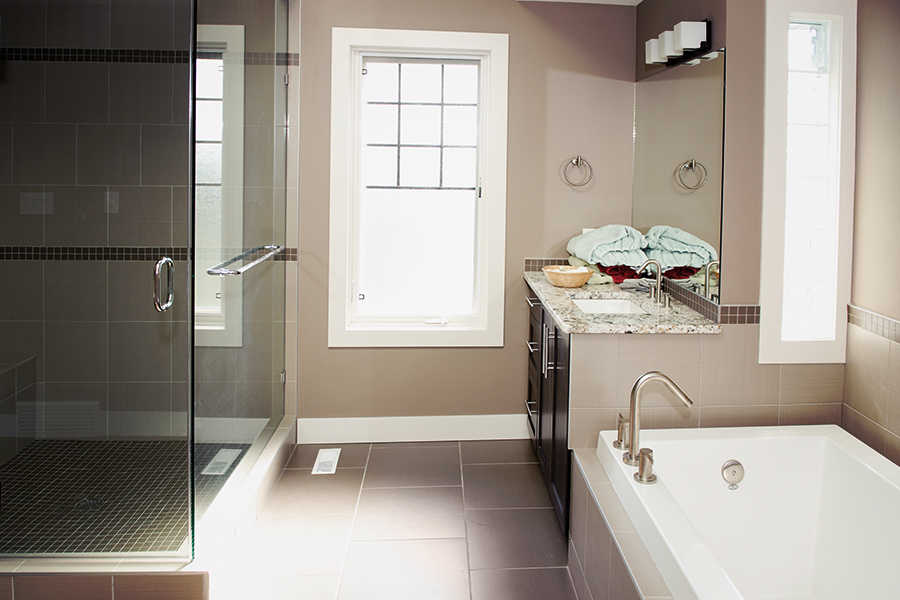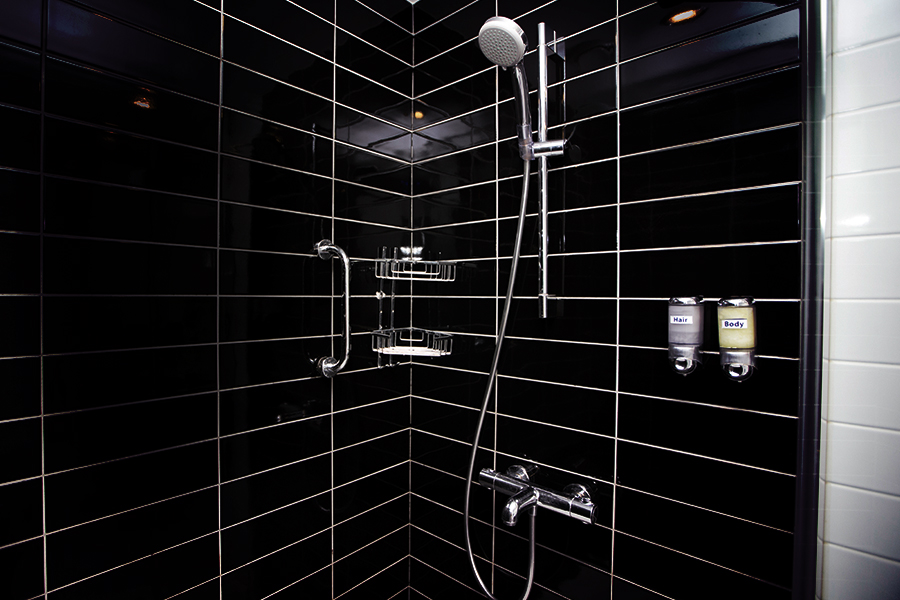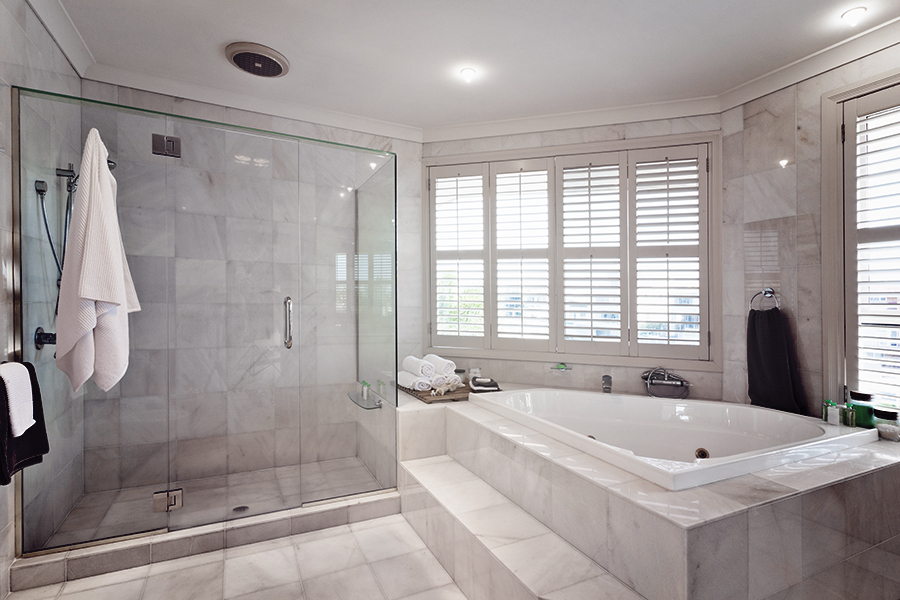-
Shower Panels and Boards
- Wall Panels by Feature & Colour
- Multipanel
- Wetwall
- Showerwall
- Perform Panel
- DuraPanel
- HydroSafe Wall Panels
- Nuance Bushboard
- Neptune PVC Panels
- MEGAboard PVC
- Wetpanel M1 PVC
- PlumbWall 4 PVC Wall Panels
- Splashbax
- Reflect Wall Panels
- Lustrolite Acrylic
- Atlantis Metro Tile Wall
- Masq Revela
- Wall Panel Profiles & Accessories
- View all products...
-
Showering
- Shower Doors & Enclosures
- Walk In Showers & Wetroom Glass
- Shower Trays
- Shower Valves
- Bath Shower Screens
- Shower Accessories & Spares
- Shower Pumps
- View all products...
-
Bathroom Suites
- Complete Bathroom Suites
- Baths
- Toilets & Bidets
- Basins
- View all products...
- Taps
-
Furniture
- Bathroom Furniture
- Wall Cabinets
- Toilets & Cisterns For Furniture
- Worktops & Vanity Counter Tops
- View all products...
- Radiators
-
Ceilings, Floors, Tiles
- PVC Ceiling Panels
- Bathroom Flooring
- Tiles, Tile Trims & Adhesives
- Underfloor / Undertile Heating
- View all products...
- Accessories
- Extras
- Plumbing
- Wet Rooms
-
Shower Panels and Boards
- Wall Panels by Feature & Colour
- Multipanel
- Wetwall
- Showerwall
- Perform Panel
- DuraPanel
- HydroSafe Wall Panels
- Nuance Bushboard
- Neptune PVC Panels
- MEGAboard PVC
- Wetpanel M1 PVC
- PlumbWall 4 PVC Wall Panels
- Splashbax
- Reflect Wall Panels
- Lustrolite Acrylic
- Atlantis Metro Tile Wall
- Masq Revela
- Wall Panel Profiles & Accessories
- View all products...
-
Showering
- Shower Doors & Enclosures
- Walk In Showers & Wetroom Glass
- Shower Trays
- Shower Valves
- Bath Shower Screens
- Shower Accessories & Spares
- Shower Pumps
- View all products...
-
Bathroom Suites
- Complete Bathroom Suites
- Baths
- Toilets & Bidets
- Basins
- View all products...
- Taps
-
Furniture
- Bathroom Furniture
- Wall Cabinets
- Toilets & Cisterns For Furniture
- Worktops & Vanity Counter Tops
- View all products...
- Radiators
-
Ceilings, Floors, Tiles
- PVC Ceiling Panels
- Bathroom Flooring
- Tiles, Tile Trims & Adhesives
- Underfloor / Undertile Heating
- View all products...
- Accessories
- Extras
- Plumbing
- Wet Rooms
Wet Rooms: A Complete Guide To A Popular Trend

The Complete Guide to a Popular Trend
Stylish wet rooms are becoming popular in homes across the country. They are a great way to add something a bit different to your home, and they are contemporary, stylish and also practical – especially for anyone who has difficulty getting in and out of the bath. A feature like a wet room is very popular, so it could help to sell your home if you put it on the market, and it could even increase its value.
A wet room essentially consists of a bathroom that does not have a bath tub. Instead, it has an open shower that has the shower waste built into the floor without a shower tray.
How you design your wet room is up to you, and here is a guide for factors that you will want to consider.
Choose Your Style

First of all, decide on the style that you want for your wet room. Do you want it to be modern and minimalistic, or traditional and cosy? Think about your colour scheme, whether you want bright and bold, all white or relaxing pastels.
Think about your hardware, including Shower pumps, taps, bars and hooks for towels, soap holders, etc. Also decide what type of furniture you want, including the sink and cabinets.
The shower is an important feature of the room, and you have many types to choose from. Do you want a mixer shower, electric shower, thermostatic shower, power shower or something else? Do you want this to be a classic or minimalist style? Or perhaps something from the Roman
showers range. All of these are things to consider.
Also think carefully about the tiles to match your colour scheme. Stone tiles for the floor are very stylish and hard-wearing, and they can also be textured, which makes them safe when wet. But just make sure you seal them regularly with a treatment because stone and marble tiles are porous. Other tiles like ceramic tiles and porcelain tiles are good alternatives.
Come Up with a Budget

A wet room can cost as much or as little as you want. If you have the DIY skills, you can do a lot of it yourself. If not, you may need to get a builder in, and it could cost a few thousand pounds or more. It all depends on the materials you want to use. But try to come up with a rough budget and a maximum amount you are willing to spend, and you can use this to guide your purchases.
Practical Issues to Consider

It is not just a matter of choosing a nice colour scheme and finding some tiles, and there is some serious practical work to be done.
Waterproofing is the first issue. This is essential in a wet room, and the floor and the lower walls will need to be primed and covered in a membrane before being tiled. Unless you are converting your bathroom, which may already be waterproofed, this is very important (investigating shower panels and boards is something definitely worth doing).
Ventilation is also an important consideration. Excess moisture can cause long-term problems like mould, so make sure you have a suitable extractor fan, a window you can open or both.
You may also want to install some underfloor heating. This is very pleasant while using the room, and it can also help to dry the room after use. However, it is likely to add quite a bit to the budget.
Create Your Perfect Wet Room

Wet rooms are a fantastic addition to any home, and if you have the budget and you want to create a stylish and contemporary wet room, start planning the room now. Think about your design, the furniture, the tiles and everything else mentioned above, and then create the perfect wet room for your home, by choosing from the amazing selection of wetroom kits out there.






